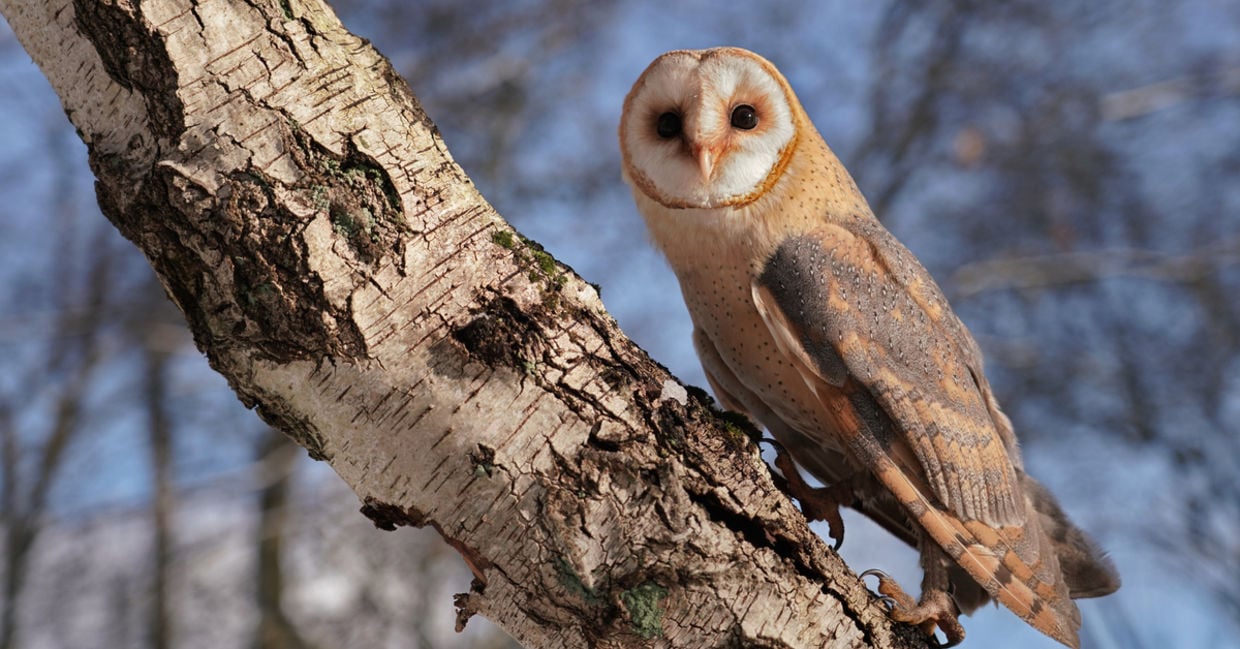Owls, often regarded as silent friends, play a vital role in safeguarding agricultural crops. Their presence serves as an environmental indicator, reflecting the health of our ecosystems and contributing to crop protection. Let’s explore how these enigmatic birds benefit farmers and enhance sustainable agriculture.

- Natural Pest Control:
- Rodent Eradication: Owls are efficient hunters, especially at night. They prey on rodents and small mammals that pose a significant threat to crops. By keeping rodent populations in check, owls help prevent crop damage.
- Root Protection: Rodents not only eat crops but also damage their roots. Owls contribute to maintaining healthy root systems by reducing rodent activity.
- Eco-Friendly Solutions:
- Reducing Chemical Pesticides: Owls act as natural predators, reducing the need for chemical pesticides. This environmentally friendly approach minimizes harm to non-target species and the ecosystem.
- Long-Term Impact: Unlike temporary chemical solutions, owl-based pest control offers sustained benefits, maintaining a balance between predators and pests.
- Cost-Effective Measures:
- Economic Savings: Implementing owl habitats (or “patches”) reduces reliance on costly pesticides and traps. Owls work tirelessly without ongoing expenses.
- Investment in Sustainability: Establishing owl-friendly environments pays off in the long run, benefiting both farmers and the ecosystem.
- Habitat Management:
- Strategic Nest Placement: Farmers worldwide are creating vulture nests on their lands. These nests, often in trees or designated areas, provide safe havens for owls to breed and thrive.
- Promoting Owl Habitats: Educating farmers about the importance of vultures and encouraging nest establishment is crucial for effective pest control.
- Challenges and Solutions:
- Awareness Gap: Many farmers remain unaware of owls’ significance. Public campaigns and private initiatives can bridge this gap.
- Habitat Preservation: Protecting natural owl habitats is essential. Conservation efforts and new nest installations can bolster owl populations.
By embracing owl-friendly practices, we can cultivate healthier crops, reduce reliance on chemicals, and foster a harmonious balance between nature and agriculture.



